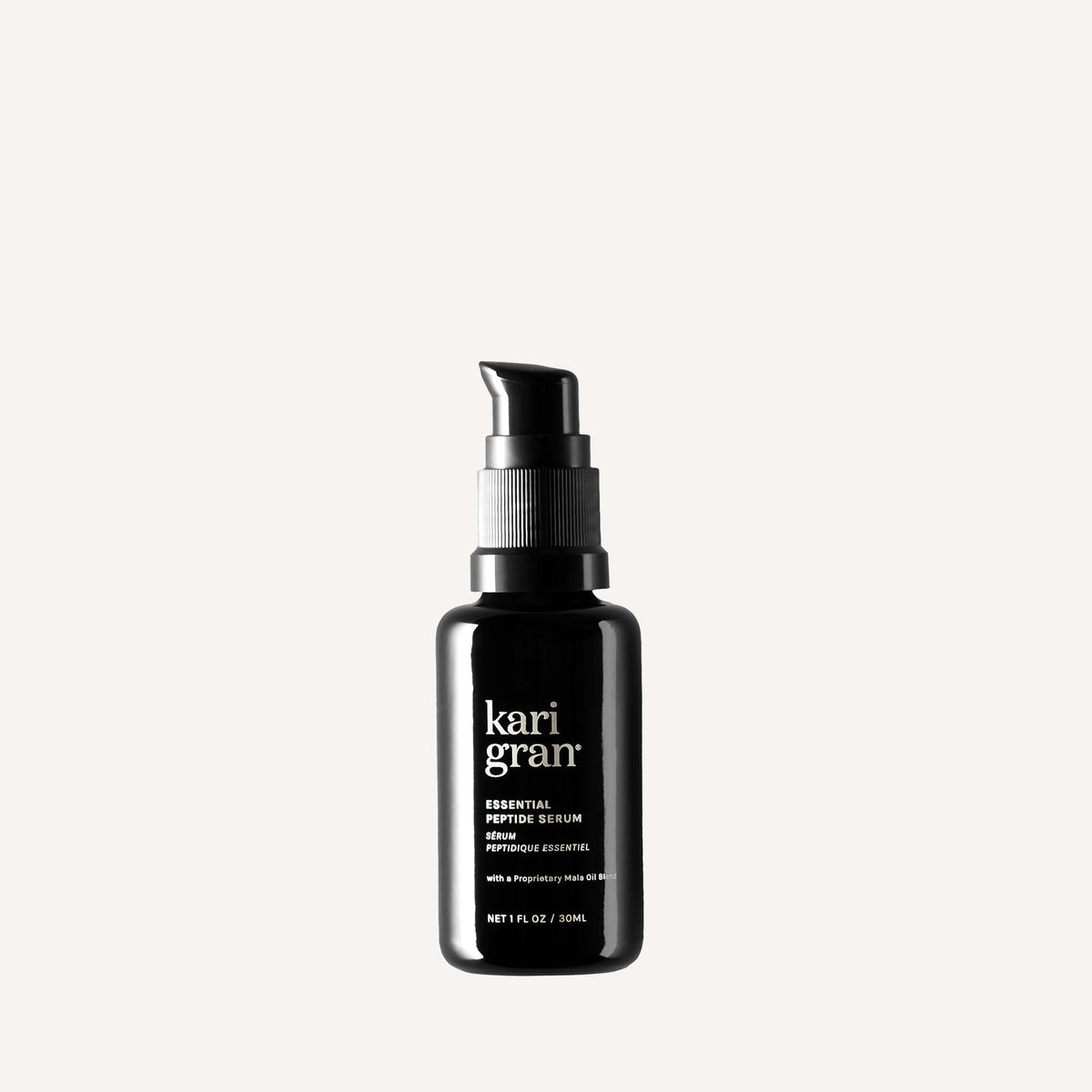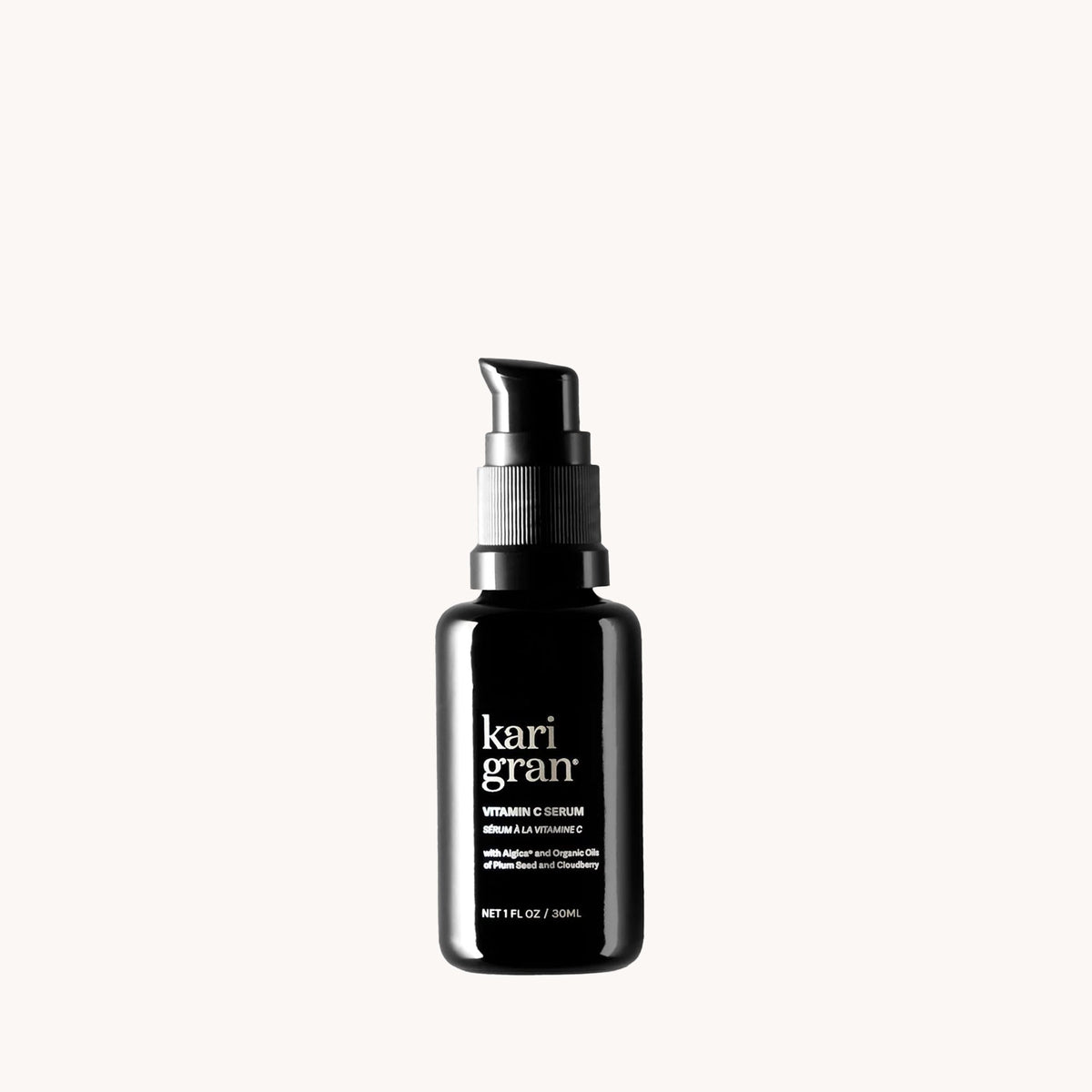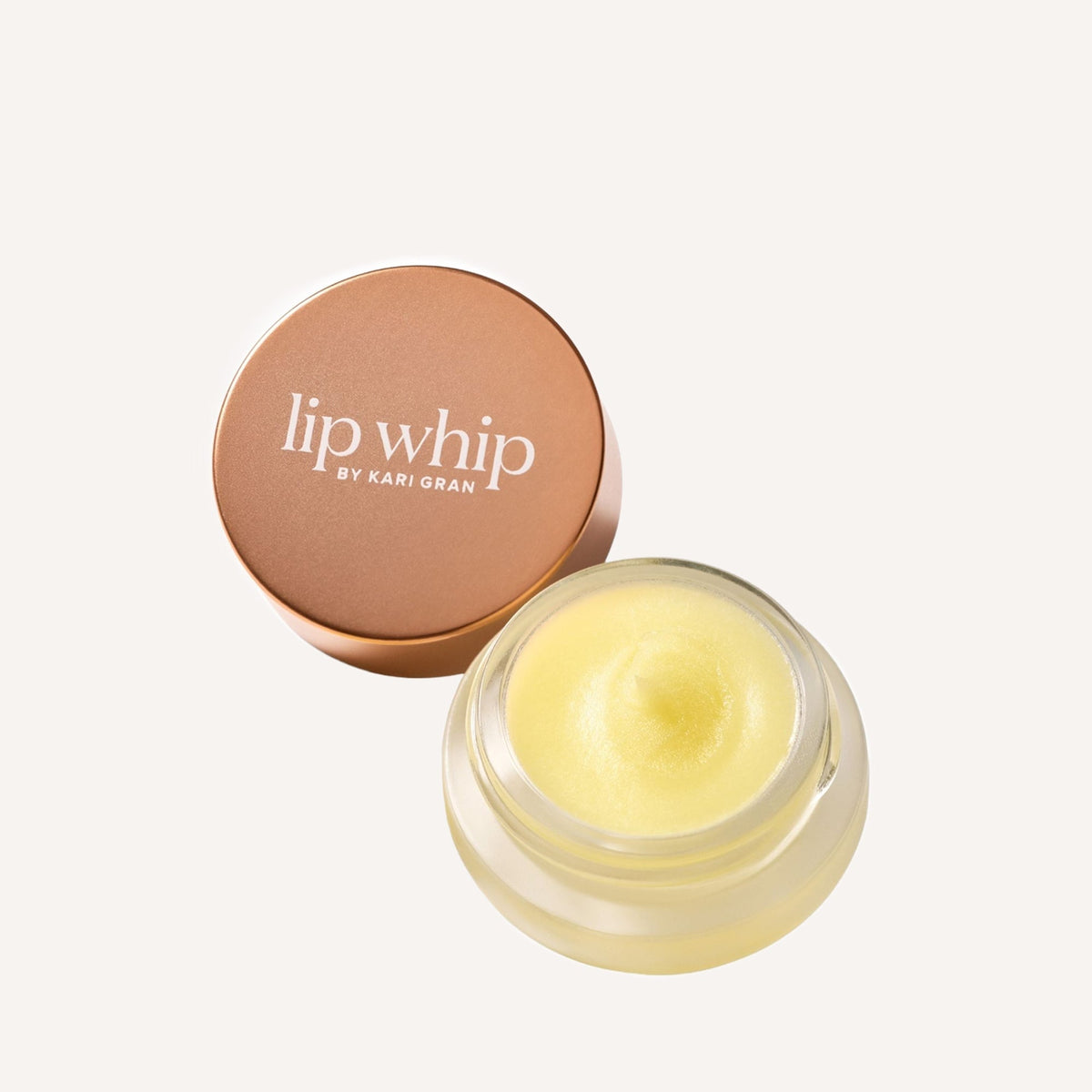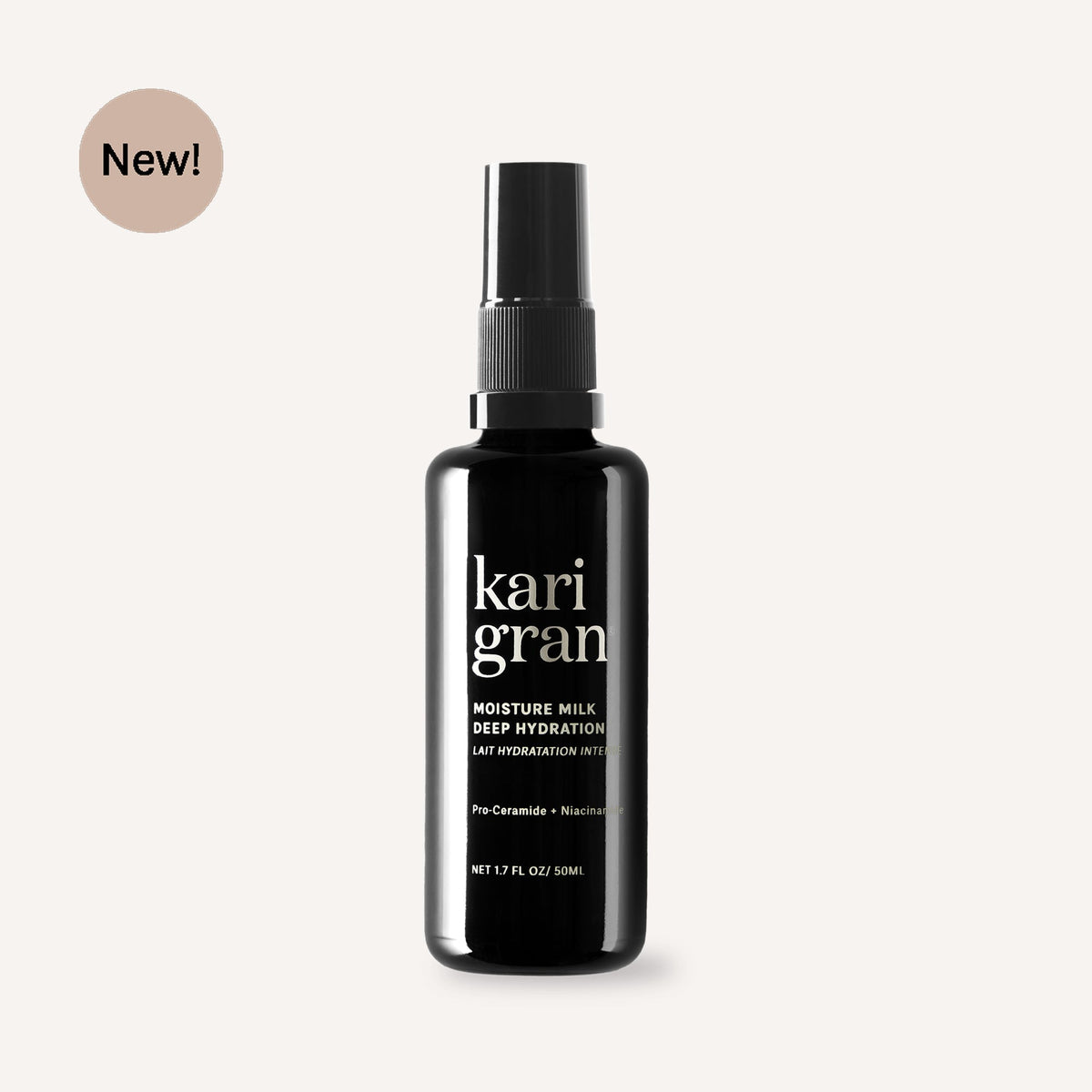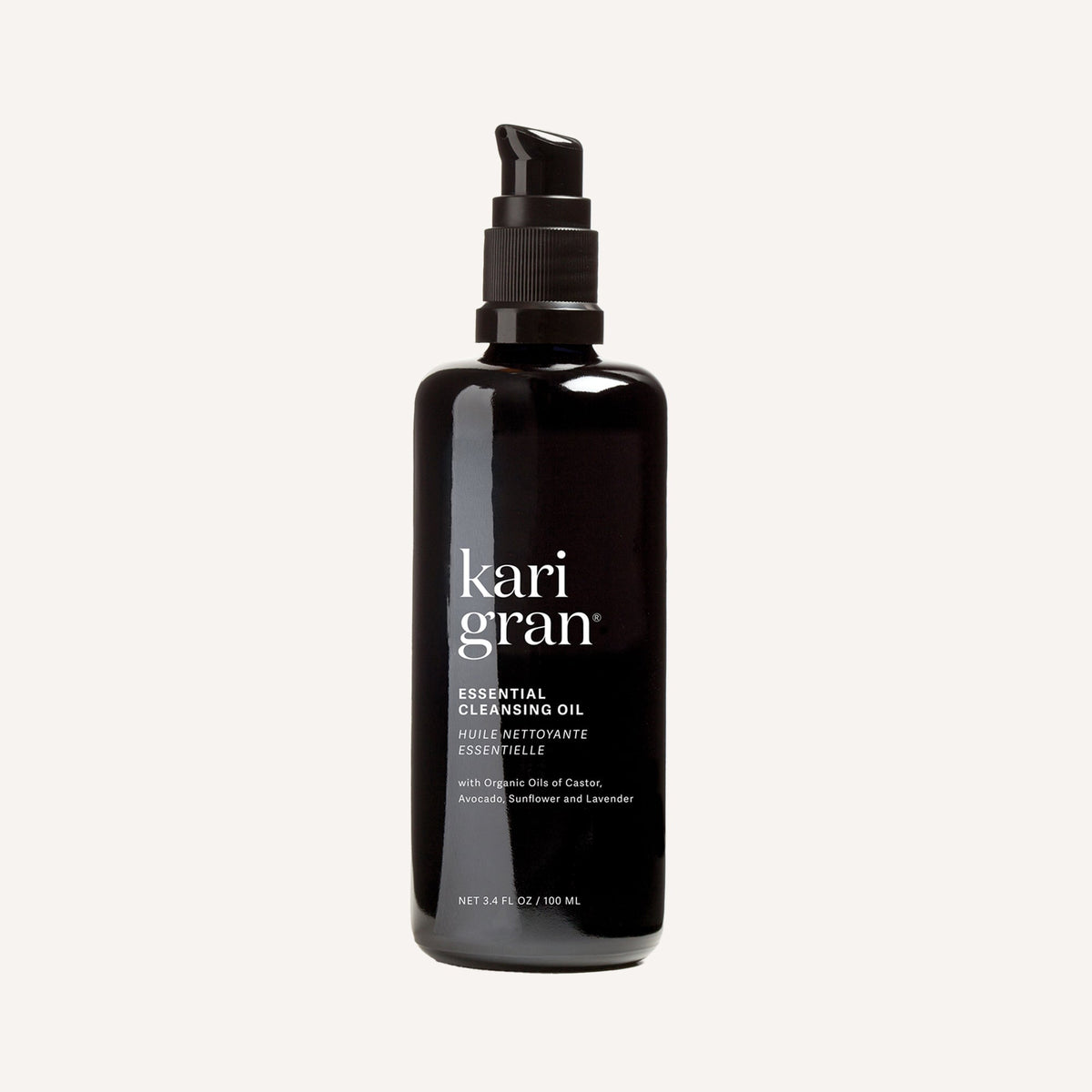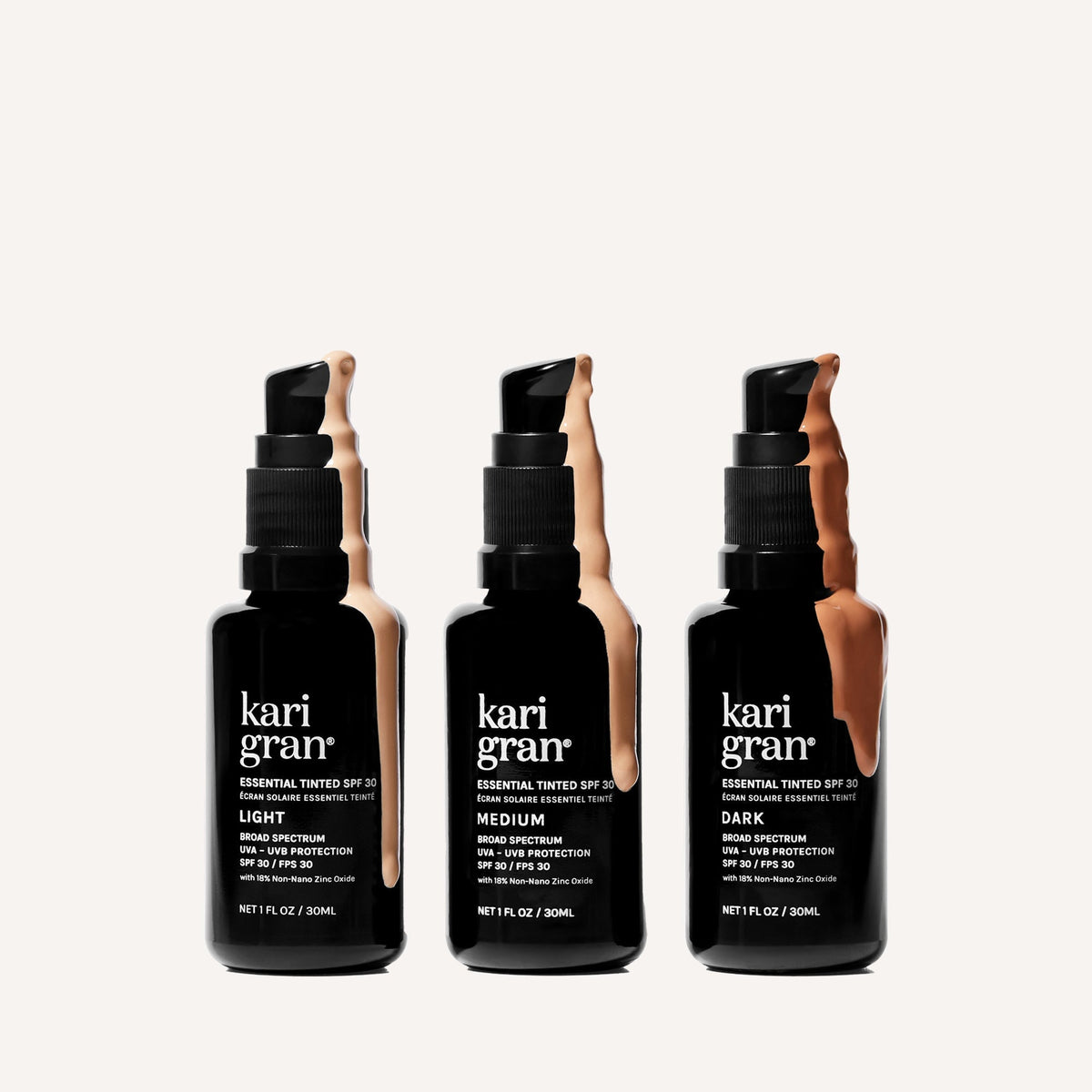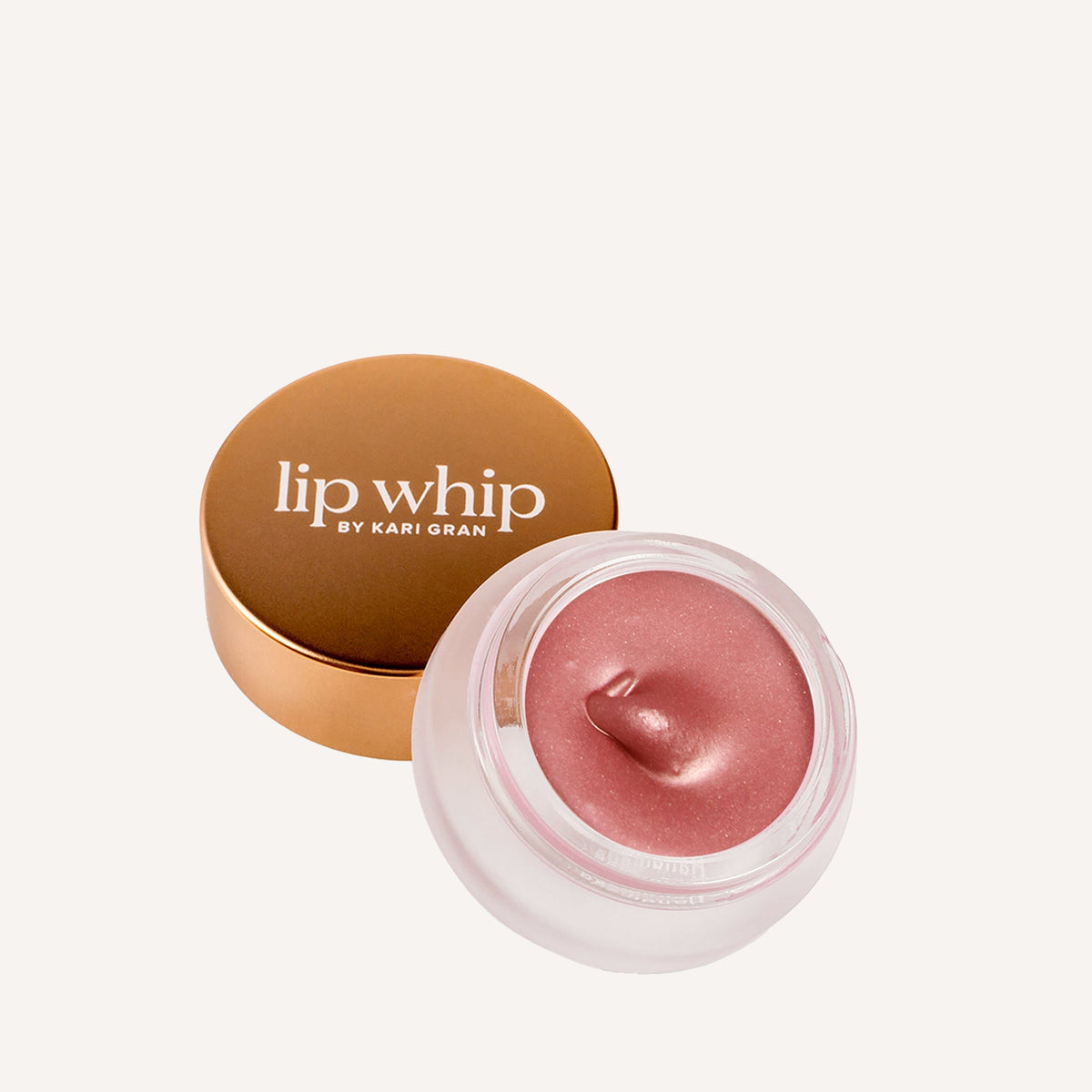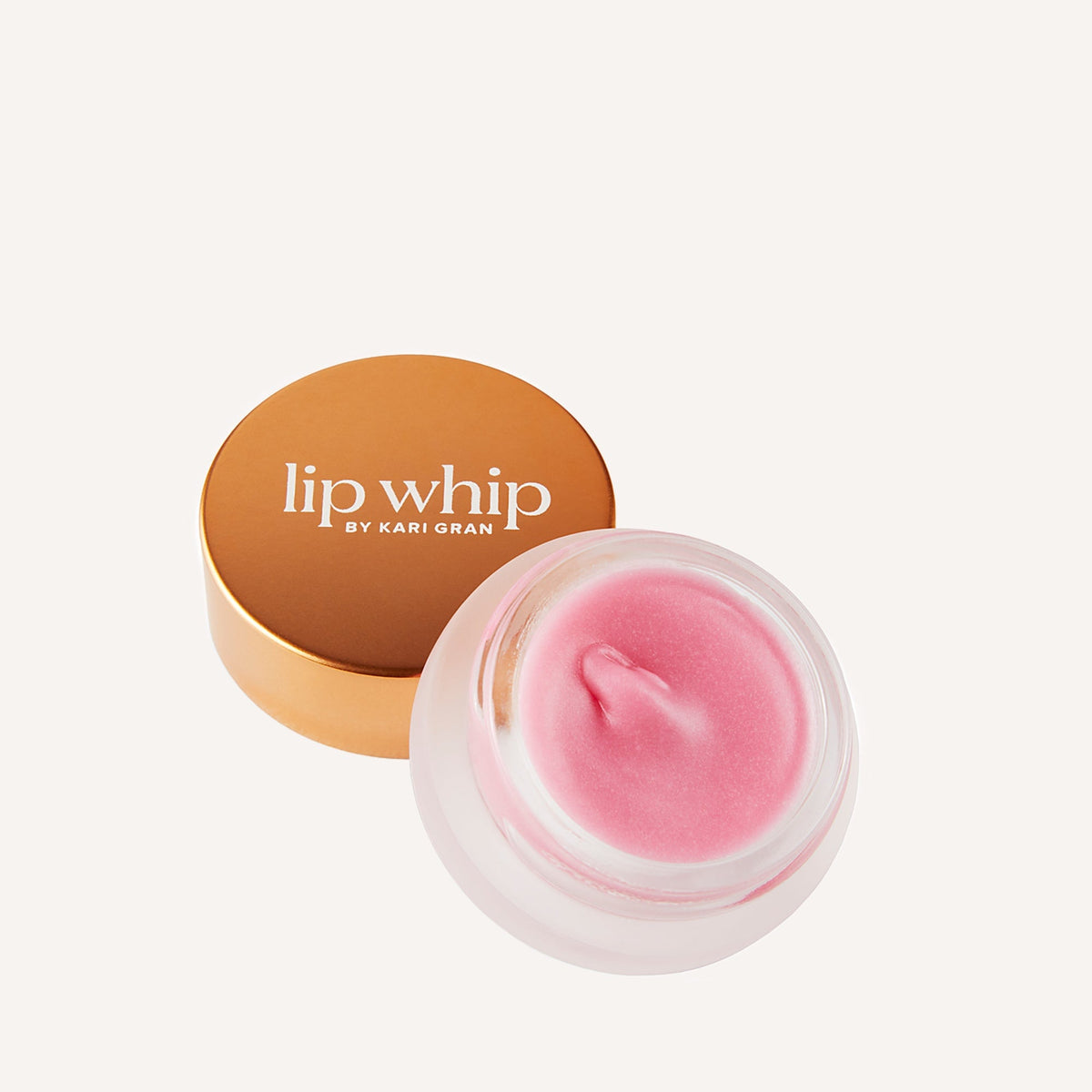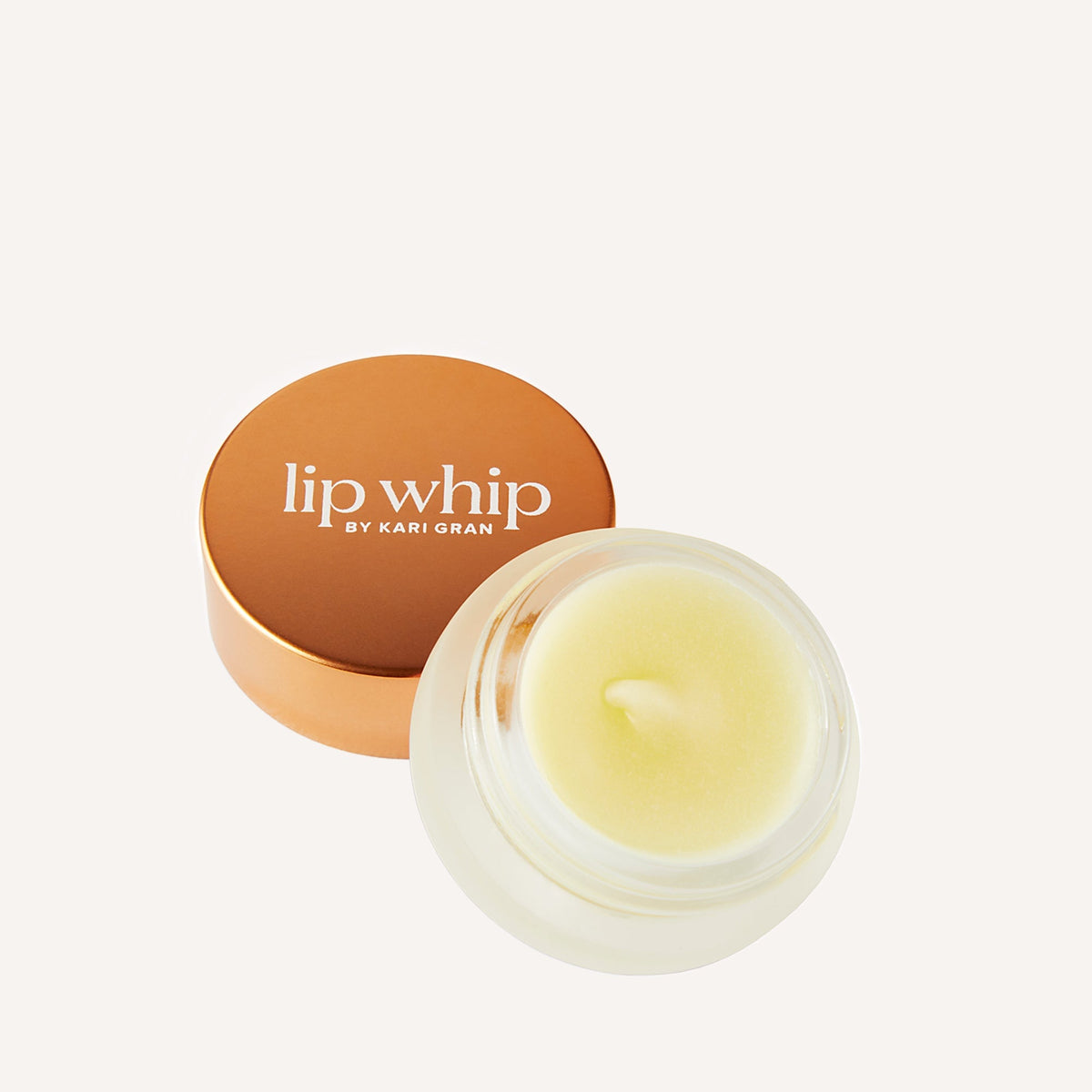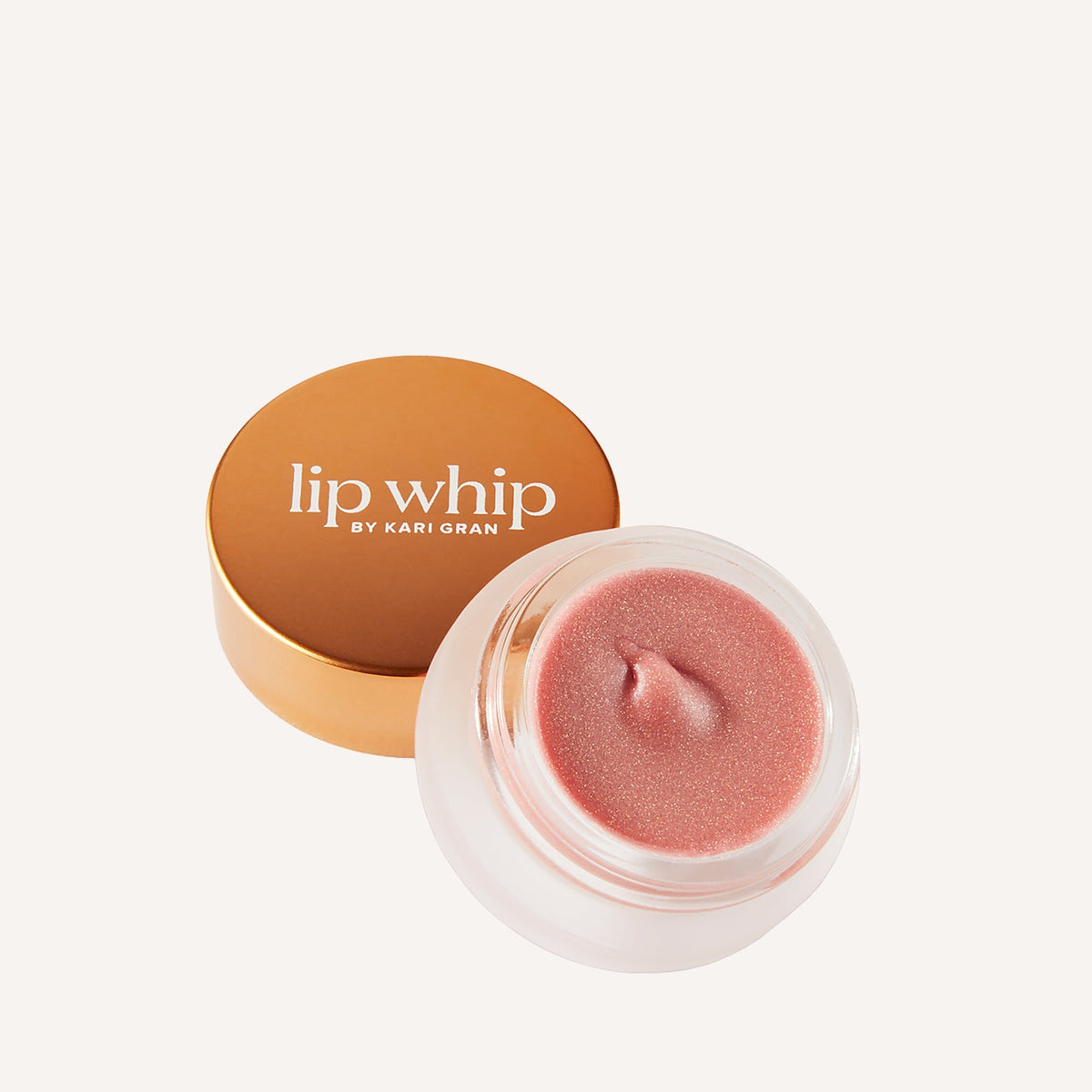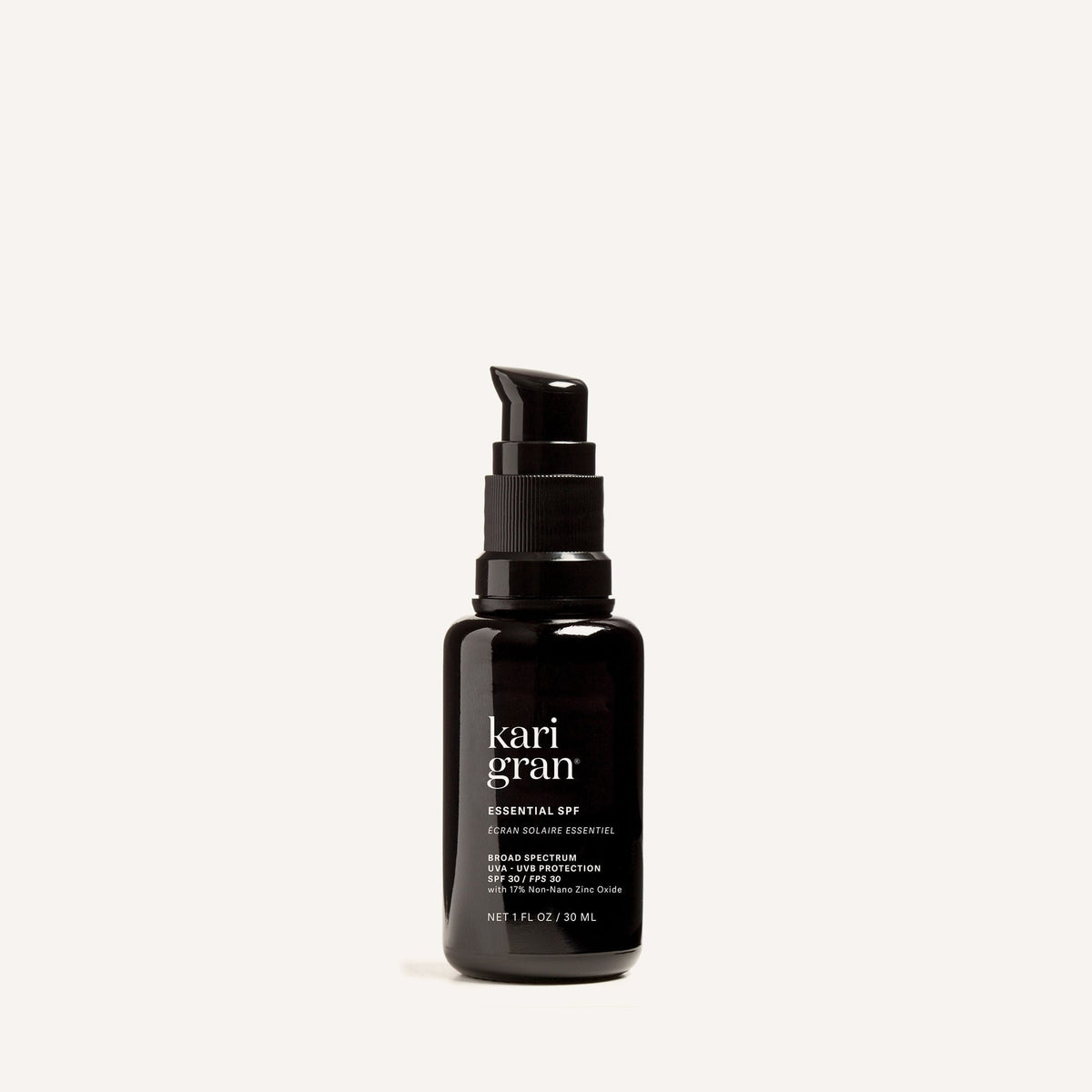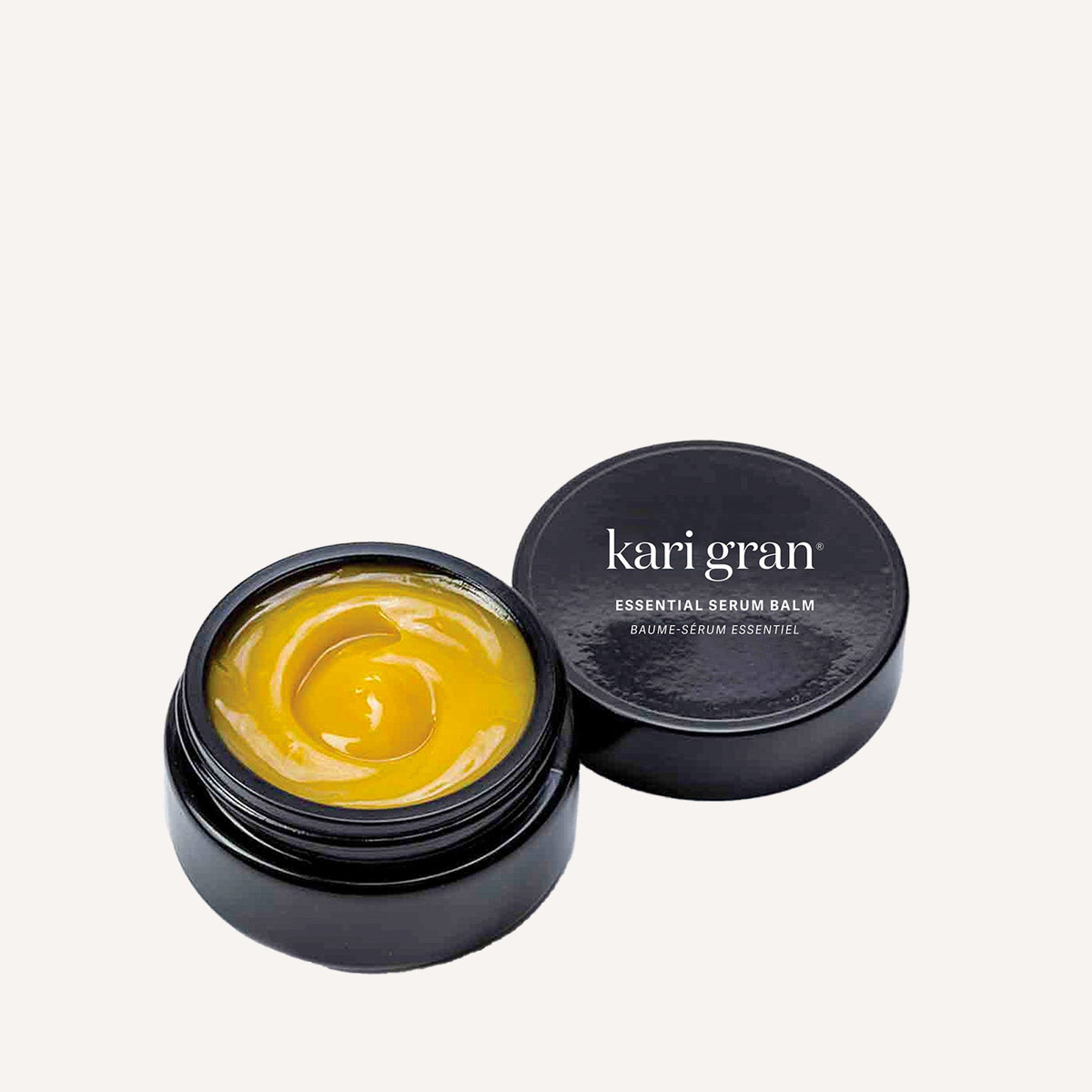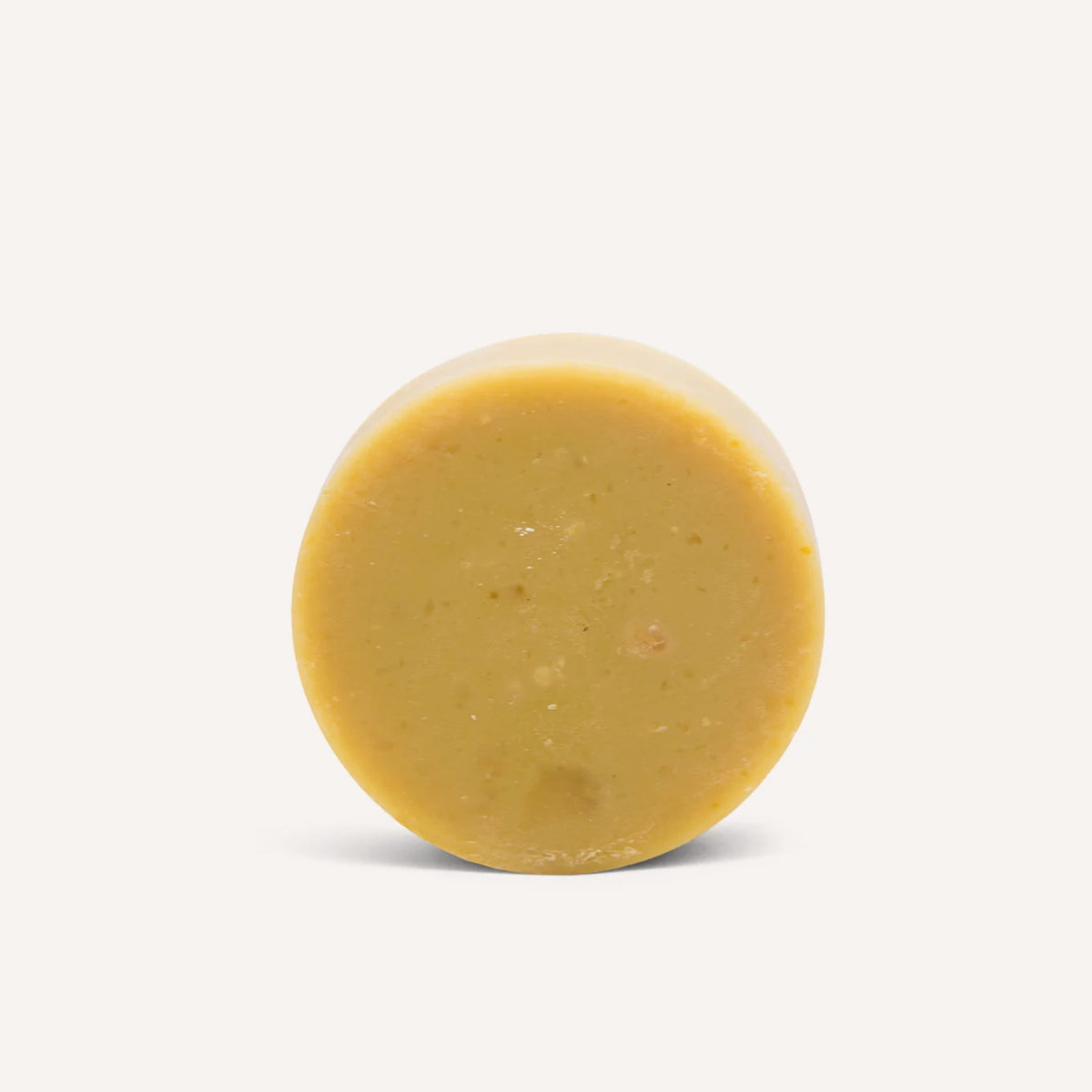A Conversation with Paula Simpson: Nurturing Your Skin Microbiome
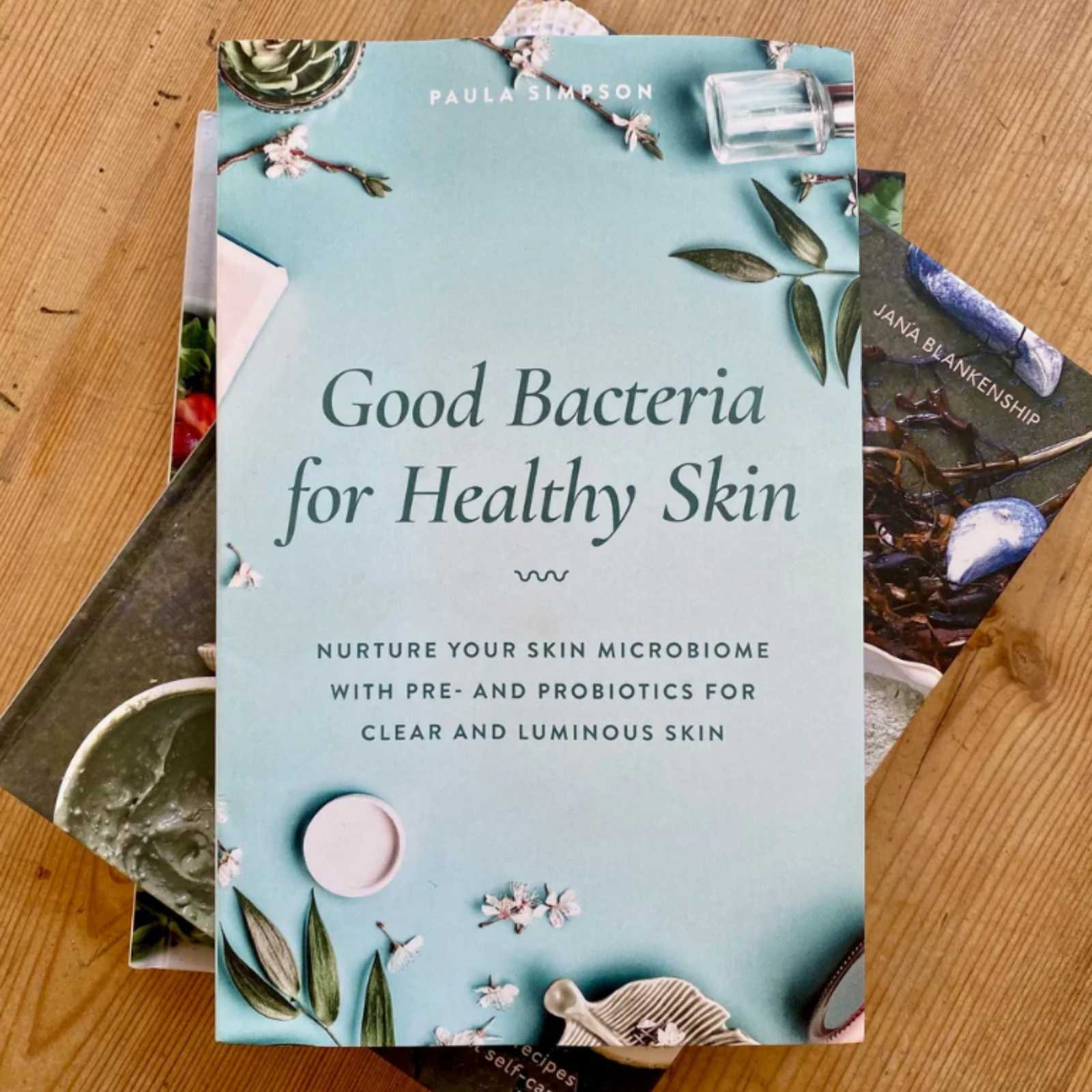
One of my favorite parts about attending beauty conventions is connecting with inspiring women like Paula Simpson, a beauty nutritionist and author of "Good Bacteria for Healthy Skin." We recently chatted about the skin microbiome and its importance for clear and glowing skin.
Our First Meeting
Kari: I remember when we first met in NYC. I was so nervous about my first Green Beauty Barometer presentation that I couldn’t even eat! I shoved my supplements in my pocket, and you kindly introduced yourself afterward. You’d already seen the GBB, and I recall asking, “Do I need all of these?”
Paula: That day feels like yesterday! I remember your handful of supplements between presentations and how we clicked instantly.
Why is Everyone Talking About the Microbiome?
Kari: Let’s dive into your new book, "Good Bacteria for Healthy Skin." Why is everyone suddenly talking about the skin's microbiome? Can you give us a quick breakdown of what it is?
Paula: The microbiome has become a hot topic because of the growing research showing its role in overall health. The skin microbiome is like an ecosystem of bacteria, fungi, and viruses that protect the skin from harmful pathogens and environmental damage. A balanced microbiome is key to healthy skin—research links imbalance to acne, sensitive skin, and aging.
Signs of an Unhappy Microbiome
Kari: What’s a sign your microbiome might be out of whack?
Paula: Common signs include reactive, irritated, or chronic skin conditions. When the skin's microbiome is balanced (symbiosis), it’s healthy. But when it’s out of balance (dysbiosis), it leads to various skin issues. My book explores ways to rebalance the skin through diet, supplementation, and skincare.
Prebiotics vs. Probiotics
Kari: Now that we’ve covered the microbiome, can you break down prebiotics and probiotics for me? I get probiotics (fermented foods like yogurt), but what about prebiotics?
Paula: Prebiotics are nondigestible fibers that fuel good bacteria, while probiotics are live bacteria cultures. Think of prebiotics like garlic, bananas, and asparagus—they feed the probiotics, which boost gut and skin health.
Nourishing Your Skin from the Inside Out
Kari: I’ve added grains and beans, as many popular diets avoid them. What’s your take on moderation?
Paula: I agree! Nutrition should be balanced and unique to your body. Your diet influences your microbiome, both gut and skin. Eating a variety of plant-based foods fuels good bacteria, helping them flourish.
The Role of Skincare Products
Kari: What about skin care products like acids and retinol? Are they good for the microbiome?
Paula: Some acids can provide long-term benefits, but it’s important not to overdo it. These products can irritate the skin and disrupt the microbiome. Lactic acid, found in yogurt, is a gentle exfoliant for sensitive skin because it doesn’t penetrate too deeply.
Final Thoughts
Kari: This truly feels like a lifestyle. If you could give one tip for each of your core concepts—purify, Nurture, and Balance—what would they be?
Paula:
- Purify: Eat clean and minimize toxins.
- Nurture: Be gentle with your skin and use products that support its natural balance.
- Balance: Find peace and reduce stress, as it affects both mind and skin!
I loved catching up with Paula and learning from her wealth of knowledge! Her book has been eye-opening, and I can’t wait to dive into more conversations with her in the future.

